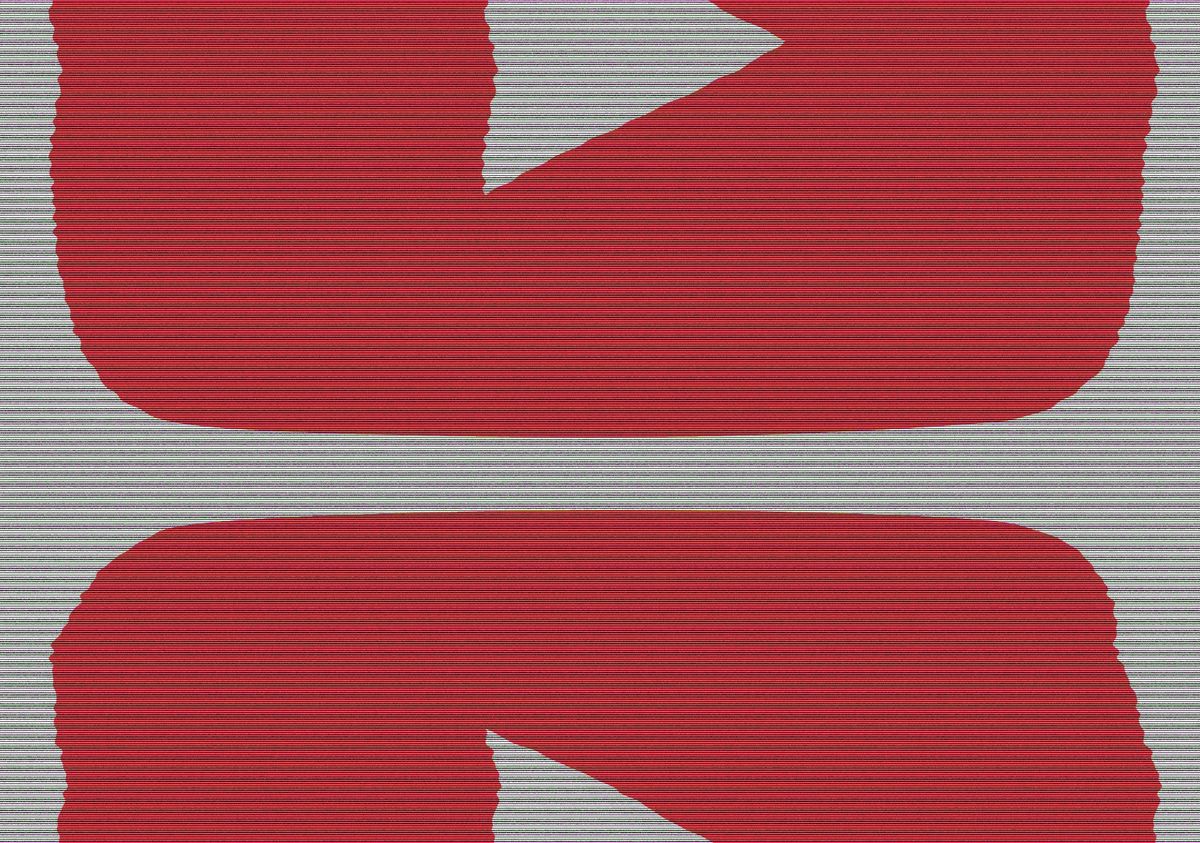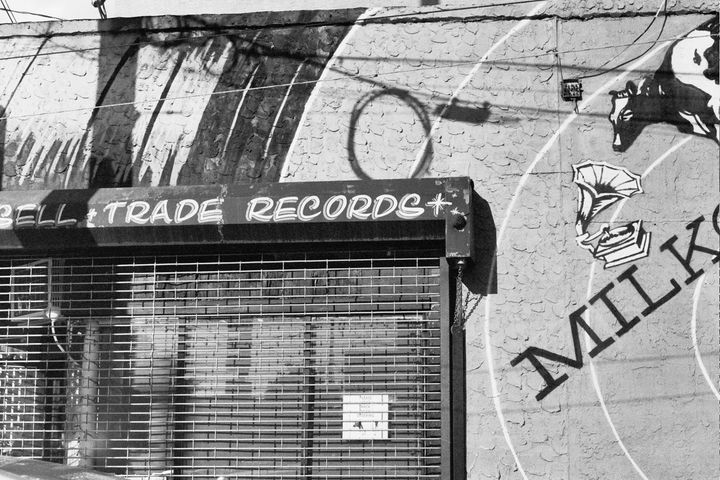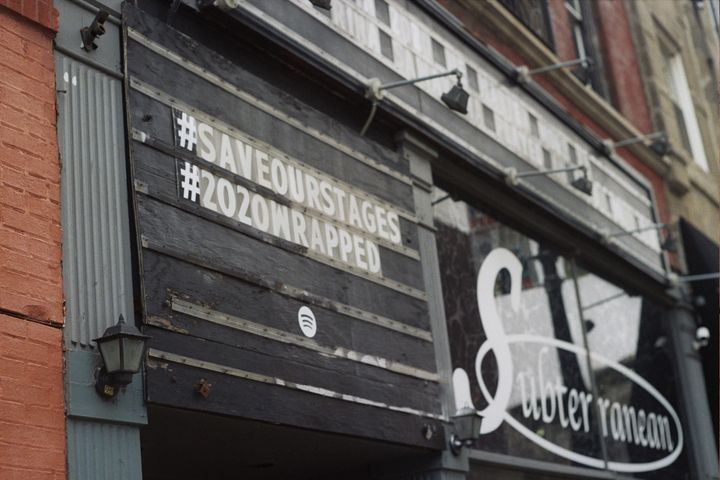puriteens + the paradox of family friendly internet
in defense of teens and their probably bizarre online experiences

Background: I am 25 years old. I don't remember 9/11. My earliest memories are at 8 years old except one nightmare I had when I was 5 or 6. I come at this sort of generation conflict from the place of someone who was old enough to have a myspace page, but not old enough to have actually used it the way it was intended to be used. Old enough to have had several phones before I had one that could access the internet, but I'm listening to a youtube video about some pseudoscientific, conspiracy archaeologist's Netflix show while I write this.
When it comes to generational judgements, I tend to err on the side that people are (1) joking and/or (2) overreacting to something they shouldn't be taking personally. That said, I think the discussion around young people objecting to sexual content in movies and TV is more interesting than, like, whether or not it's fine to wear skinny jeans. While I think it's a relatively small but vocal amount of people who hold that opinion (the internet is good for this sort of "a couple 16 year olds have a poorly thought out take and now every 32 year old you know is dunking on them" type fake outrage), it's a perspective that's still more prevalent than in the past which is and made me think about how internet content has changed drastically since I started using it.
The TLDR on this is that kids grew up in a wildly different media landscape than you as an adult with a job and maybe a spouse can imagine and we should try to be sympathetic to the way they've experienced the world, but I have some specific things about YouTube I've been thinking about.
I mostly want to talk about two things that feel contradictory but are related and I think overlooked when we discuss the "puritanical" perspectives held by some Gen Z and younger people.
The first being a breakdown of spaces online exclusively for children in favor of ad driven "Kid Friendly" designations. The second is censorship of content not aimed at children due to YouTube's ad revenue inconsistencies and fall out from dangerous content making it to videos targeted at children.
When I was a kid, there were plenty of online spaces that were just for kids. They were mostly game websites– Barbie dress up and makeup games, Webkinz, Club Penguin. These were things not just aimed at children, but expressly for children and mostly safe because they didn't have a social aspect. When they did, they had safeguards in place to avoid personal information being shared. Of course, kids can bypass that if they really want to and choose to play games that aren't expressly for children that have social aspects, but those spaces did exist and it was relatively safe. The way I used the internet as a kid is not akin to the way I use it now. Eventually I started using YouTube, but the more horrifying content that eventually I'd see in middle school wasn't even hosted on YouTube. Those shock and gore videos were mostly hosted on their own sites away from mainstream internet use. People like to say stuff like "kids couldn't survive an xbox live lobby from back in the day" but I think you're just not up to date on the way kids are mean to each other in the present.
Besides, dangerous stuff has always happened online, but the inarguable truth is that the internet was smaller then and my access– as someone with relatively, but not overbearingly attentive parents– to something like Onision live streams (where he was rating underage girls' bodies) was easily avoided.
Another inarguable truth is that we have been living in an internet age where things have been consolidated to the point that internet content mostly finds us via the same few sites. Algorithms and tailored experiences are very much the norm. When I was a kid, most of the really gross shit I saw was at least sought out by someone I knew in real life.
As the internet had grown in ubiquity, kid's content has changed. Kids have been watching YouTube and YouTube isn't like TV networks aimed at kids. There aren't the same restrictions and the amount of content considered "Kid Friendly" is so much bigger than most of us can imagine. Most of the more controversial YouTube things I can think of in the last 7 or so years have been perpetrated by people who make videos predominantly for children.
ElsaGate is the obvious one. It happened because weird and sexual and inappropriate videos with children's characters got pushed to children– who could have guessed that would have happened? But I would argue the inappropriate kid content hole goes much deeper than that.
Jake Paul made videos for children with hypersexual thumbnails and sex clickbait. Logan Paul showed his child audience of millions a human being's dead body. Family channels like notorious scammers The Ace Family or literal child abusers Daddy O Five have audiences of predominantly children. People like David Dobrik and Brent Rivera have audiences of mostly children despite being adults making content that is not really appropriate for children– and behaving dangerously behind the scenes.
YouTube rewards certain kinds of content with more lucrative ads. Kid Friendly content was, for a long time, one of those content types that made more money. Creators were penalized for anything that could be seen as not advertiser friendly which, often, translated to Family Friendly. Don't swear, don't tackle any serious topics, don't even mention violence of any kind. Huge creators with kid audiences could skirt those rules because it wasn't ever about being actually kid friendly, even if YouTube was intentionally pushing those videos onto children. Many of them were seen as "clean" because they didn't swear and had these "I love my fans" attitude that people making content for adults don't focus on.
There was this time online where a paradox existed of what was okay for creators to do. You had all of these creators who obviously had massive child audiences who were not penalized for anything because their child audiences were raking in so much money for YouTube, then you had creators who obviously and expressly made content for teenagers or young adults who were held to standards designed for Kid Friendliness.
I was watching videos made by grown men drawing awareness to things done by other creators who had to censor out every swear word and speak in euphemisms for fear of their video not just being demonetized but being suppressed from their audience altogether. Meanwhile, the perpetrators of the bad behavior being discussed were fully monetized at a higher rate.
Recently I've seen people talk about TikTok's self censorship and how it's stupid to say things like "unalive" instead of kill or "le-dollar-bean" instead of lesbian, but this isn't anything new and I think both sides of this coin have warped young people's brains. A loosening of safety regarding actual kids content then an expectation of non-kids content to be clean because of advertisers.
I watch a lot of YouTube and I think I engage with a lot of stuff people my age do. I like internet culture stuff so I've watched a lot of commentary videos. I remember when Cody Ko was still doing weird vlogs before settling into his place on youtube. I like Drew Gooden, Danny Gonzalez, Jarvis Johnson, and Eddy Burback and the people who have sort of followed in that vein– Chad Chad, Nick Green, Gabi Belle. I watch a lot of video essays and podcasts that get posted with a video. All of them make content that is obviously intended for and enjoyed by people above the age of, say, 16. They also all transparently cater their content to not be flagged by YouTube even now. The rules seem to have changed since the immediate aftermath of ElsaGate and other mainstream YouTube scandals that caused advertisers to pull out, but there is still this expectation of mostly clean content regardless of audience for fear of penalty.
I don't begrudge video creators I like for conforming to those often unspoken but very present rules, but I think growing up with a definition of clean content that is mostly concerned with swearing and sexual content– as racist, homophobic, misogynistic, and child exploitative content are all often overlooked– has to warp your expectations. Kids are getting a specific kind of sanitation. An internet that tries not to swear or say any upsetting words or show you sex unless you're looking for it, but not one that keeps you away from actual bad actors who are able to advertise and reach out directly to you.
It's not the same as when anybody over the age of 24 was a kid. It's not the same as seeing some adult content on TV and it's not the same as your Xbox Live lobby or watching 2 Girls 1 Cup in middle school. It's not the same because kids have been fed this content for years in service of advertising dollars without the government and trade industry-imposed oversight. I think it's understandable for kids to feel uncomfortable and not necessarily be able to articulate why.
Of course, individual discomfort is not a reason for something to not exist. You're responsible for your own comfort when it comes to media, but it's best to avoid prescribing your world view and experience to people who have grown up in a world that does not look like yours being molded by things that you don't recognize. Kids who were molded by the Me Too movement and feminism concerned heavily with how widespread sexual assault is and content creators they were mathematically fed as children being outed as sexual predators on a regular basis.
I believe most of those kids will grow out of the discomfort with sex in movies, but you must develop a level of compassion regarding how much different their world is in ways you cannot imagine.
Another TLDR; if you barely know who Mr. Beast is, you probably don't understand the world kids live in enough to meaningfully engage with them about this kind of thing. Put your phone down.
Miranda Reinert is a music adjacent writer, zine maker, podcaster and law school drop out based in Philadelphia. Follow me on Twitter to hear about the exciting days when Eddy Burback posts a new video: @mirandareinert. You may also send me small bits of money at @miranda-reinert on venmo if you want. As always, thanks for reading!



Comments ()